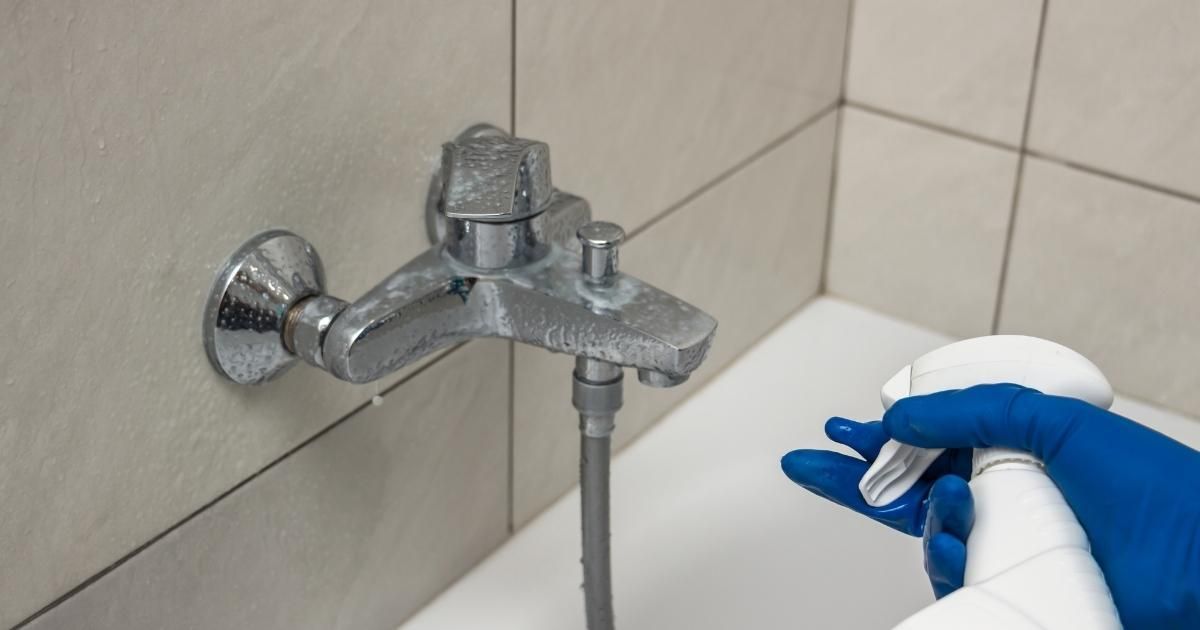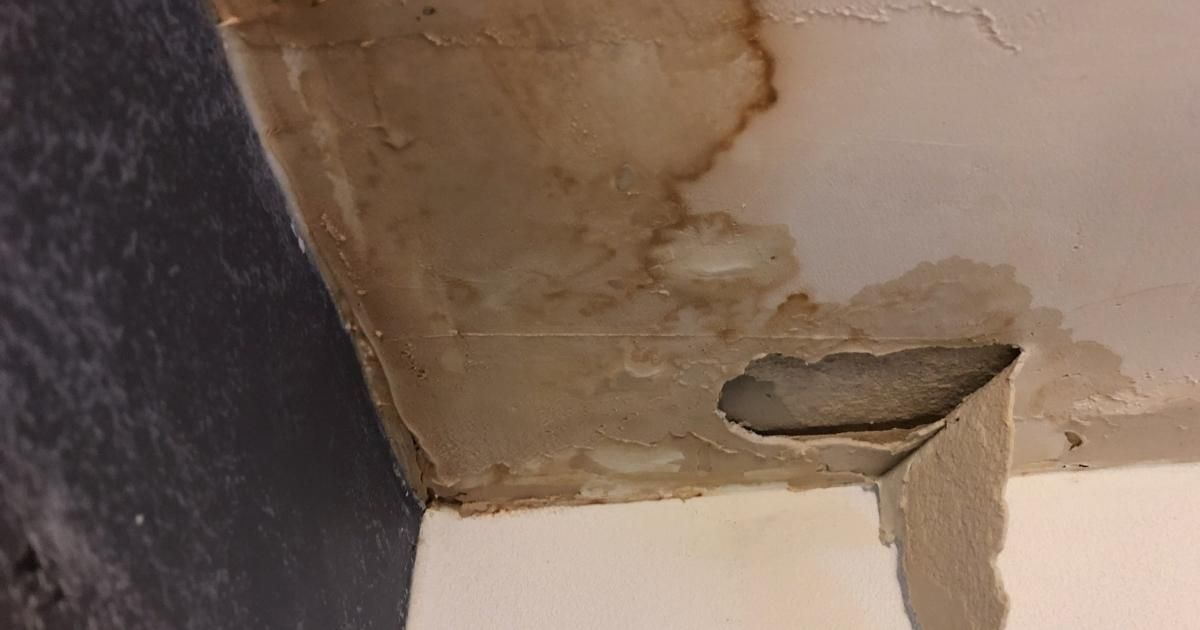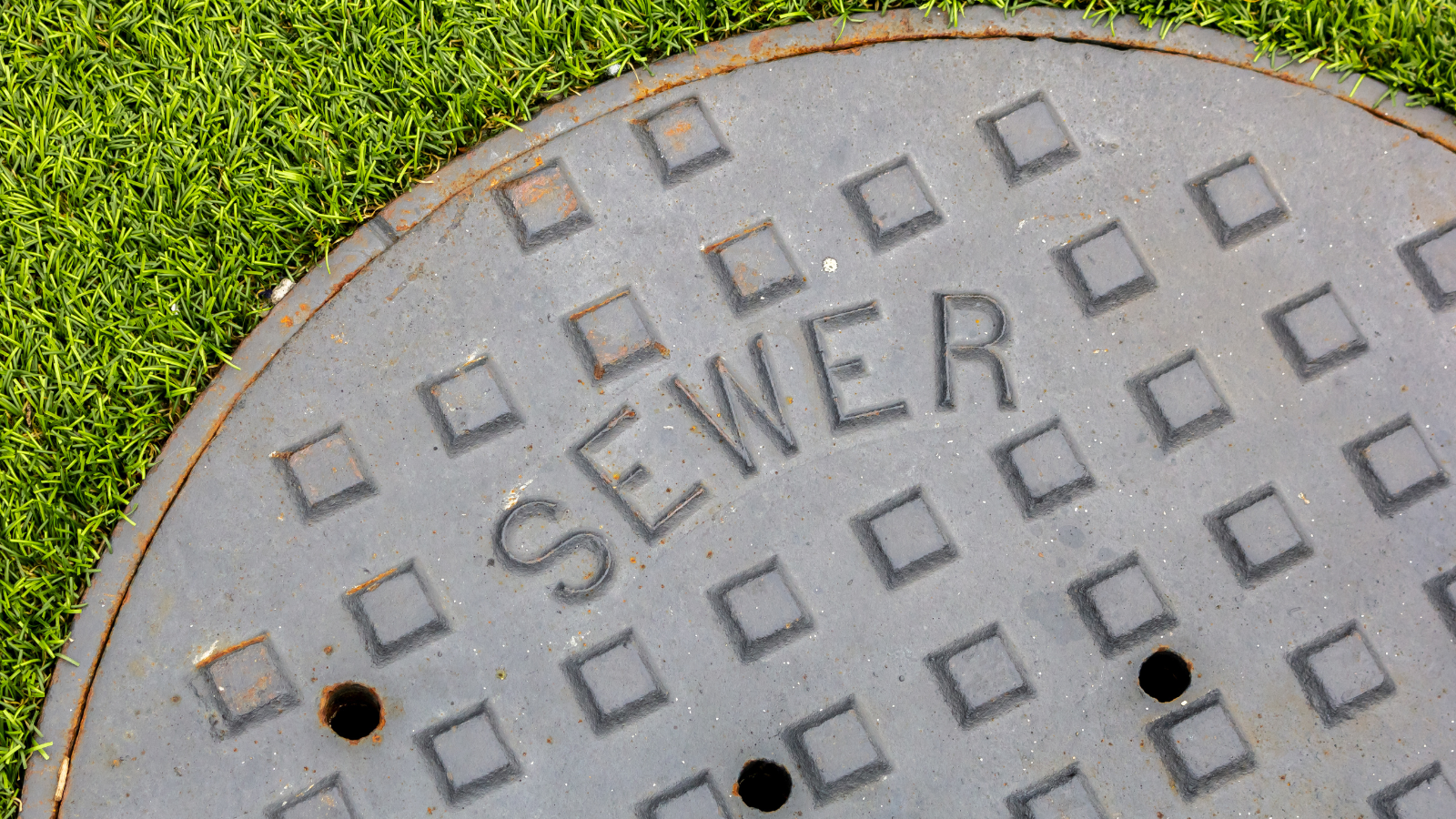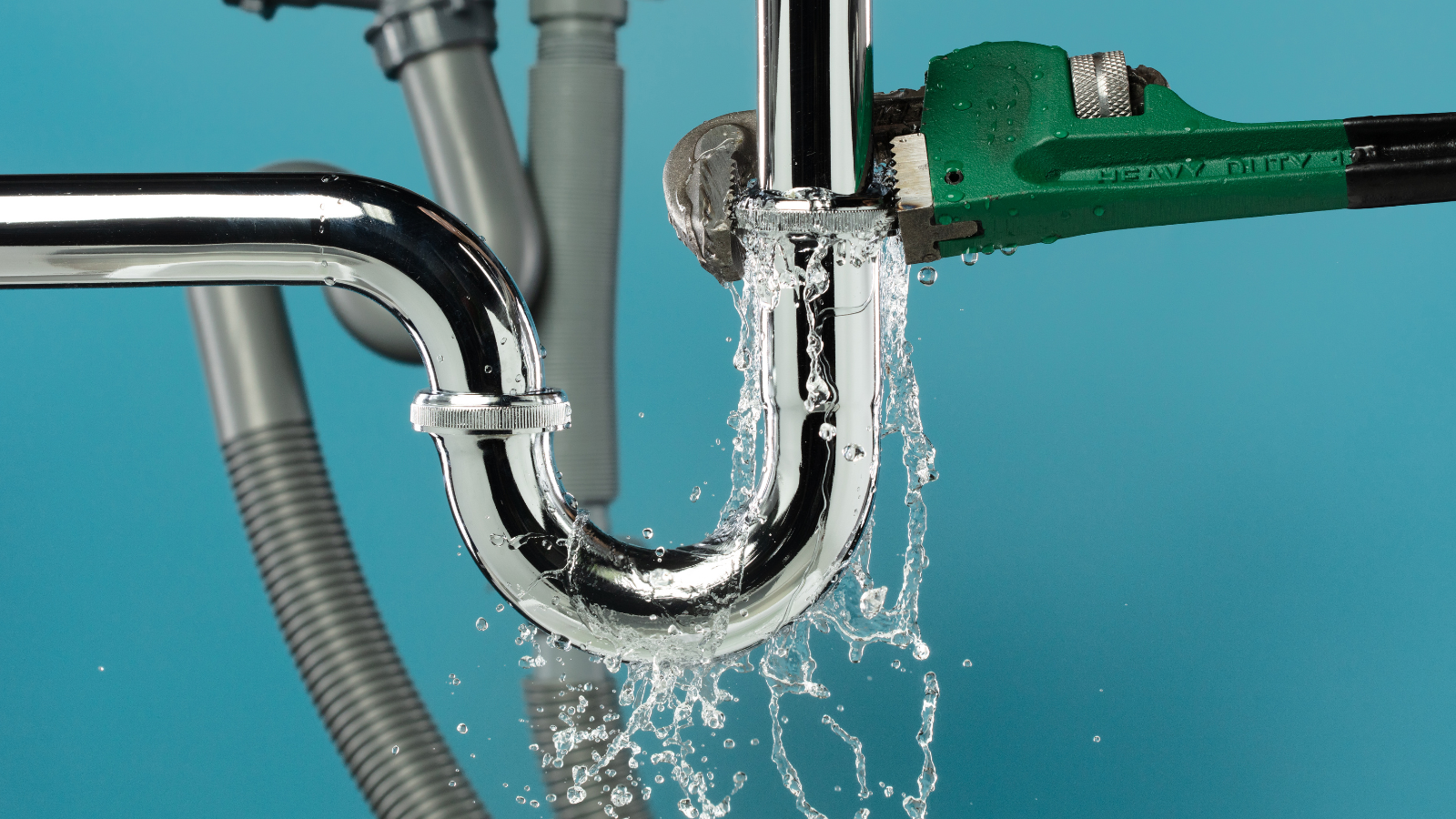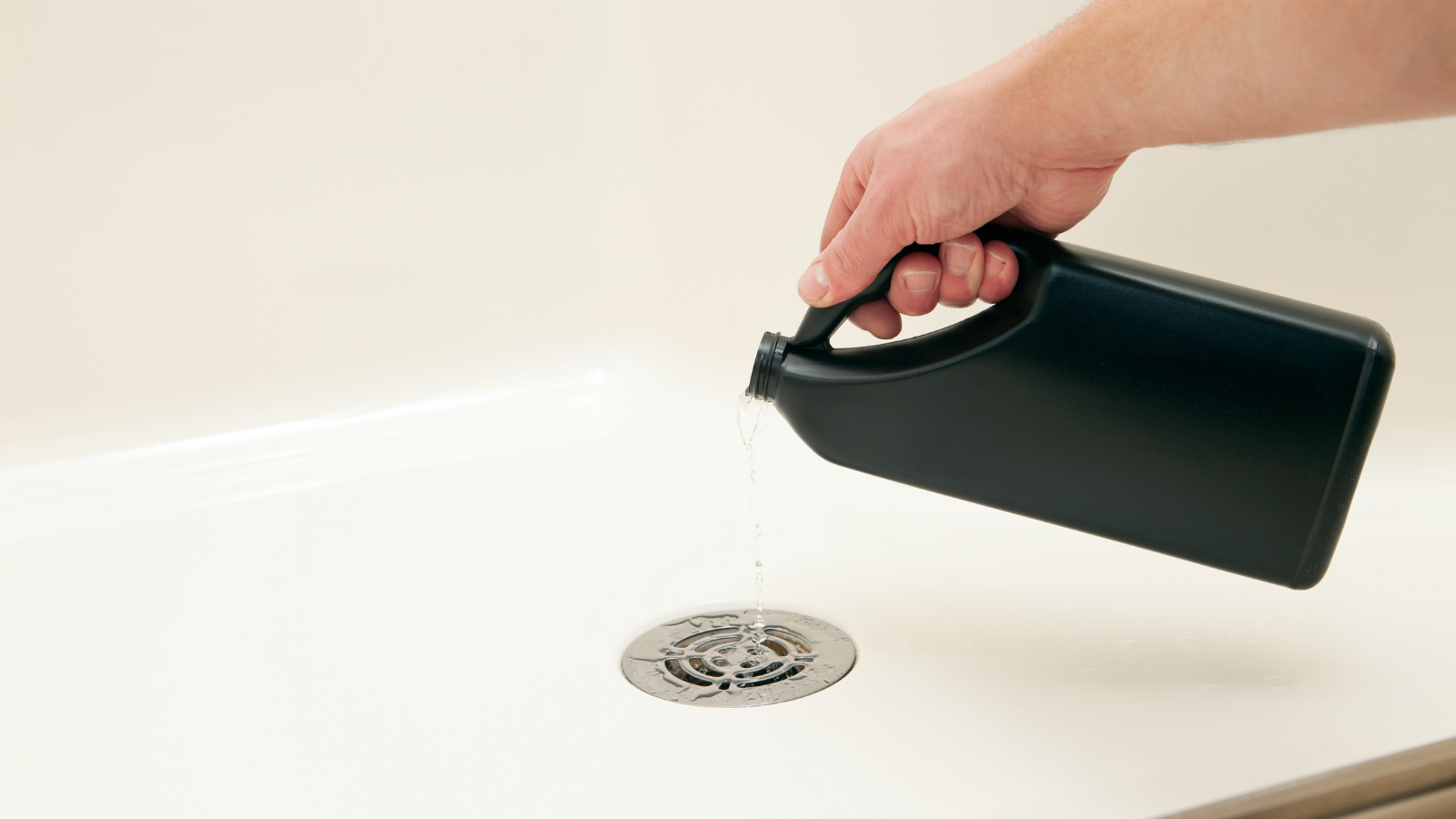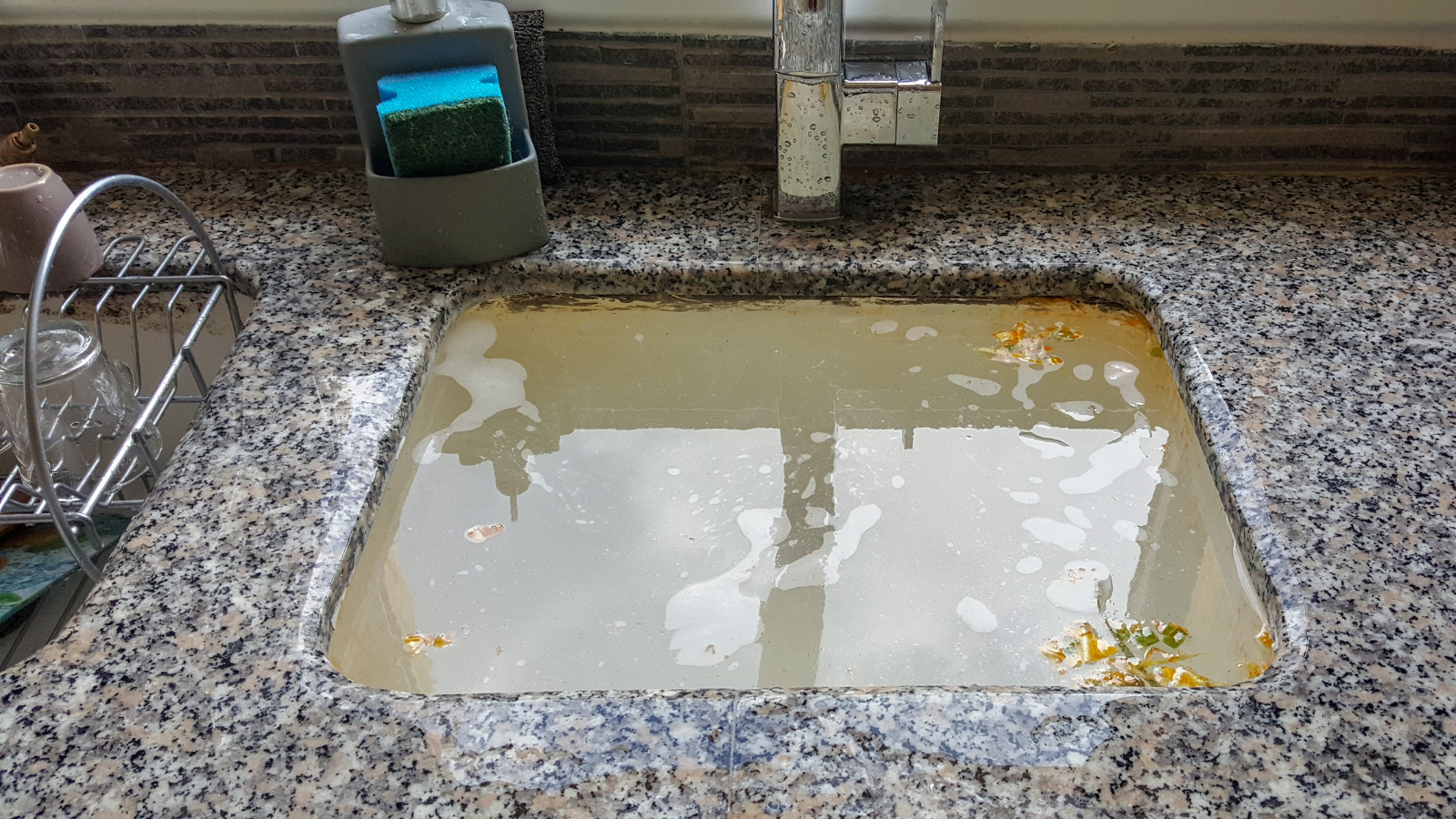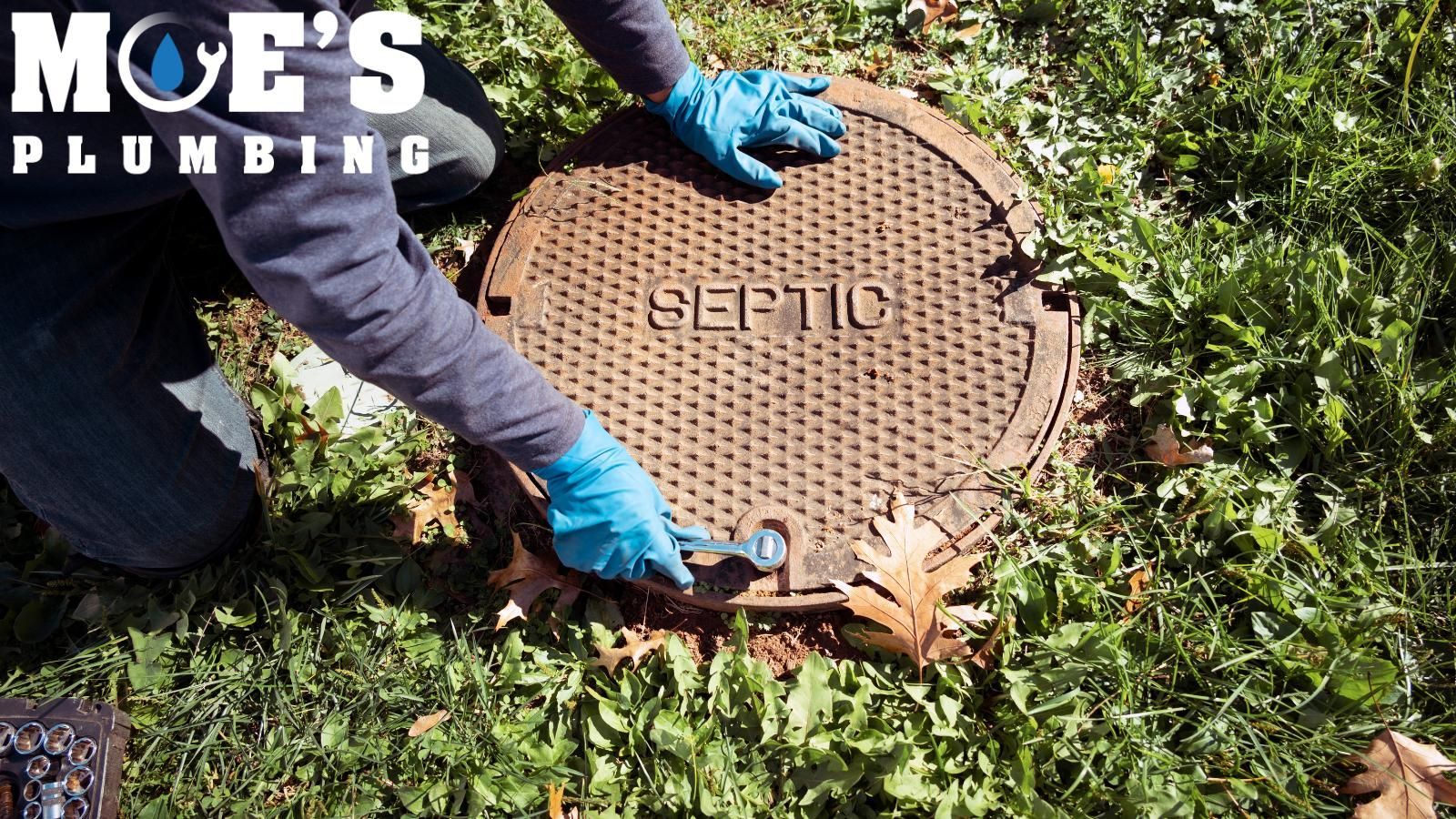Difference Between Sewer and Septic Systems
Sewer line services are a mystery to most because the plumbing is hidden underground. Your plumbing is either connected to a septic tank or a sewer system. Do you know which type is running beneath your yard? You need to know the difference between sewer and septic systems for home maintenance and value reasons. Don’t wait until something goes wrong to learn the difference. This guide explains the key differences and what it all means for your home.
Here’s what we’ll cover:
How to Know Which Waste System You Have?
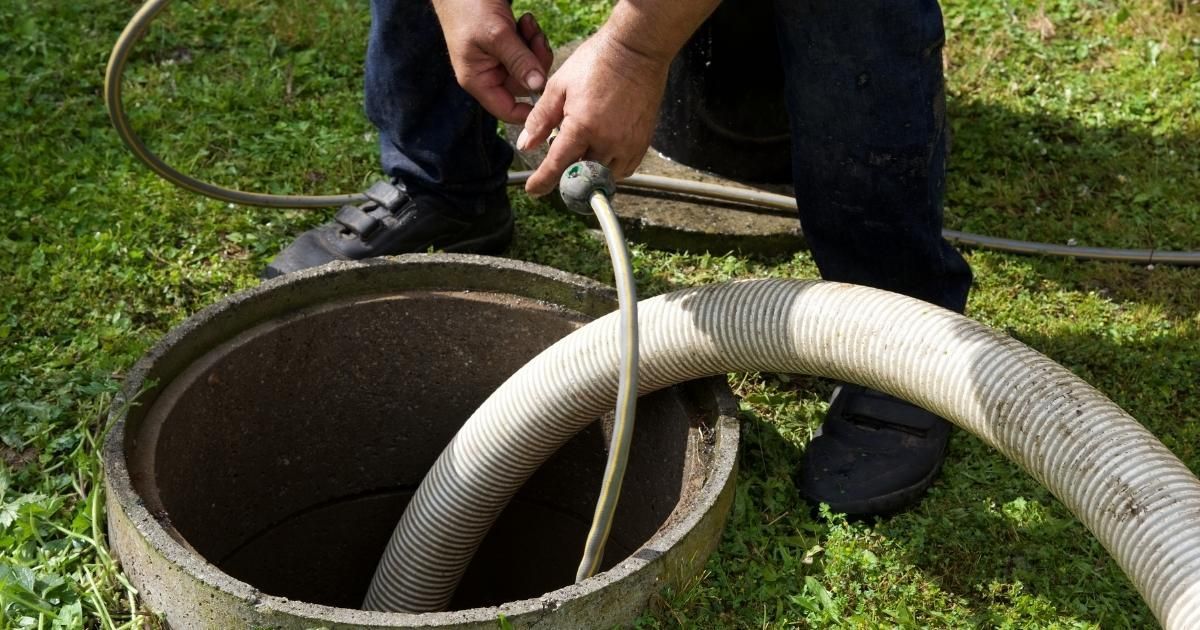
Unless you’ve installed it yourself, it’s difficult to know if your home is hooked up to a public sewer system or a private septic tank. Knowing the difference between the two affects how you maintain the plumbing and what to be aware of.
A septic system is an underground, self-contained wastewater treatment system commonly found in rural and suburban areas. It consists of a buried tank that receives waste from your home, where solids settle, and the filtered water is discharged into a drain field. Conversely, a sewer system connects your home to a community network of pipes that carries wastewater away to a public treatment facility.
Here’s how you can know if you have septic or sewer:
- Does your sewer bill indicate you’re connected to a municipal system?
- Is there a large circular lid in your yard? Maybe it’s a septic tank cover.
- Check with your city’s records to see if your property is connected to the public sewer.
- Have a licensed plumber confirm your setup for safety.
Knowing if your system is septic or sewer puts you in control and helps you avoid costly mishaps.
What “Septic System” Really Means
It’s more than just having a tank in the yard, so exactly what does a septic system mean for practical purposes? Having a septic system means you have a self-contained underground system that collects, treats, and disposes of household wastewater on your own property.
In a septic system, solids settle in a septic tank and break down there. The effluent is then filtered through the soil. It’s a natural treatment process quietly working under your feet.
Common signs you have a septic system are:
- You don’t have a sewer utility bill
- You have a septic tank lid or access port in your yard
- You live in a rural area.
Understanding what a septic system means for your home maintenance needs will help you avoid surprise plumbing problems.
What Is a Sewer System?
Sewer systems are public, city-managed underground pipe networks that carry wastewater from buildings to a central treatment facility. Gravity-fed or pump-assisted lines move sewage from your drains into a main line leading to the treatment center. From there, waste is filtered, treated, and safely returned to the environment.
Ownership and maintenance requirements are the major differences between sewer and septic systems. Municipalities maintain sewer systems. Homeowners do not have to worry about maintenance or repairs.
The decision between sewage vs septic comes down to your location. Those in urban areas are connected to sewer systems. Rural homeowners rely on septic systems.
Sewer vs. Septic: Pros and Cons
Here’s a quick overview of the trade-offs between a septic tank and a sewer connection:

Understanding the difference between a septic tank and a sewer system gives you the pros and cons of each, even though location is the deciding factor.
Is Private Sewer the Same as Septic?
You might be wondering: “Is private sewer the same as septic?” No, they are not the same thing. A private sewer line is a pipe connected to your home to a larger public sewer main. You own and are responsible for the pipe that runs between your home and the city sewer system. A septic system handles all wastewater on your property and is not connected to an existing infrastructure.
Which System Is Best for You?
Your location will determine which system is best for you. Those living in rural areas rely on private, self-contained septic systems. Urban dwellers will be connected to a city-managed infrastructure, or sewer system, that comes with monthly utility bills. Understanding the difference between sewer and septic systems helps you to plan for maintenance that prevents problems and avoids costly repairs.
Want more information about septic or sewer systems? If you’re in Texarkana, AR, or the surrounding areas,
Moe’s Plumbing is here to help. Reach out today, and we’ll take the guesswork out of your plumbing – one pipe at a time.



